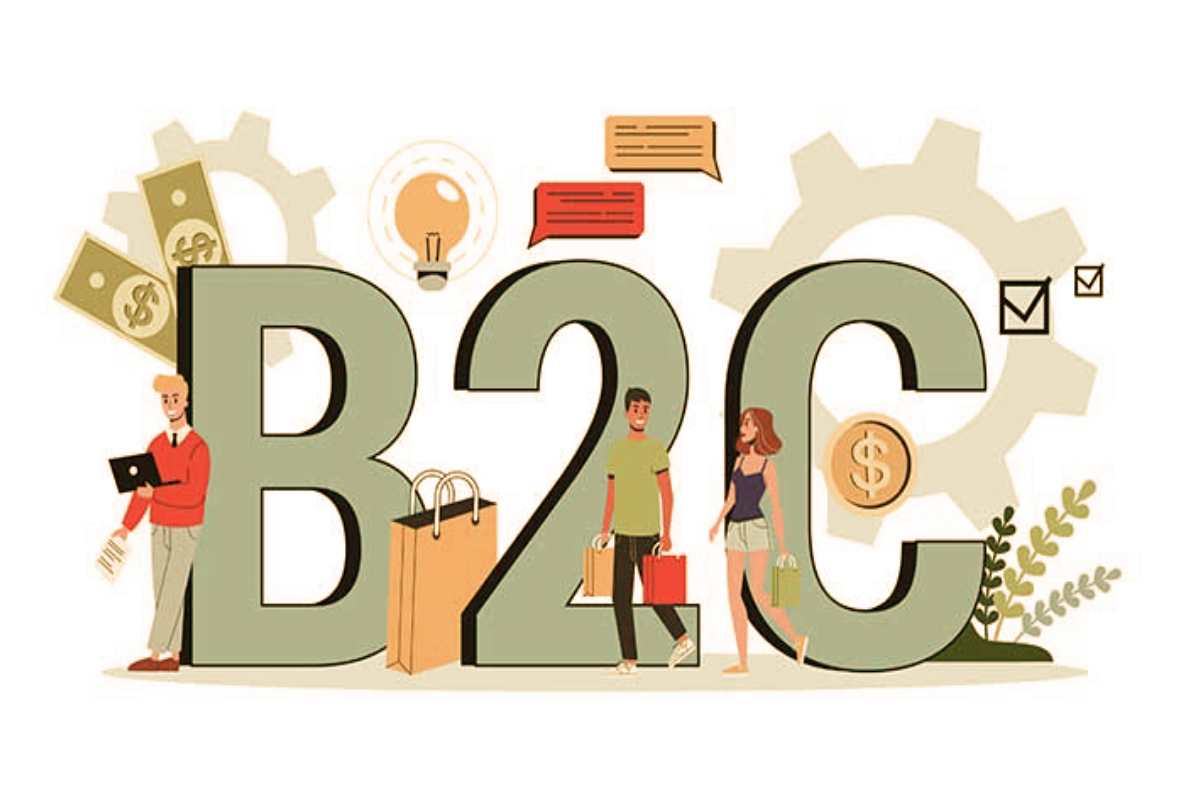We Explain The Differences Between A B2B And A B2C E-Commerce

Within online sales, B2B ecommerce is one of the most challenging modalities to make profitable.
Different from what happens in digital B2C, the ability to direct advertising to the right audience is a daunting task requiring specific media and platforms.
Table of Contents
How Is B2B E-commerce Different From B2C?
We will see in-depth the main differences between a B2B and a B2C online store.
Different Sales Processes
As a rule, in B2B, there is a more extensive negotiation than in B2C. As is logical, some companies have adapted their commercial process to make it easier and achieve better results online, such as creating service packs or maintaining a more detailed product catalog.
The Sales Team Has More Weight In B2B.
Some B2C online stores do not require a very well-equipped support department. On the contrary, in B2B, it is generally necessary to have assistants who can intercede at some point in the sales funnel to solve possible customer doubts and guide them toward conversion.
B2B Is More Complex.
Since companies have more specific needs than consumers, negotiating ultimately online software implementation, for example, is sometimes impossible.
The same happens with high-end products whose price exceeds the usual pax in our country for digital economic transfers. This case requires the mediation of the commercial department to provide trust and the proper references of the initiative it represents.
The Issuance Of Promotions Is Different.
Although in both cases, it is essential to have the capacity to impact the client, in B2B, another type of commercial orientation is valued. In B2C, it is unnecessary to project a solid image, especially if adjusted prices are offered.
On the contrary, in B2B, longer business relationships are usually established, which, to be established, require a healthy perspective of the company that the client can weigh in the medium and long term.
This public health must be projected in advertising so that it must be intended not so much to impact as to generate a positive predisposition in the following interactions or remarketing actions.
Main Benefits Of Well-Applied B2B Ecommerce
Now that we have broken down our list of what can and cannot work in B2B, you should know that when applied correctly, this modality can surpass any other within the same field.
Thus, the main benefits are:
- More sales opportunities.
- More brand impact.
- The possibility of interacting with the right audience.
- International markets can be accessed more easily.
In short, articulating a B2B eCommerce strategy requires precision in segmentation and commercial channels dedicated to directing professional traffic to your initiative. Finally, polishing the digital reputation is also crucial to establishing itself as a supplier to the most demanding customer: companies.
Also Read: 5 Tips For A Successful Online Store






